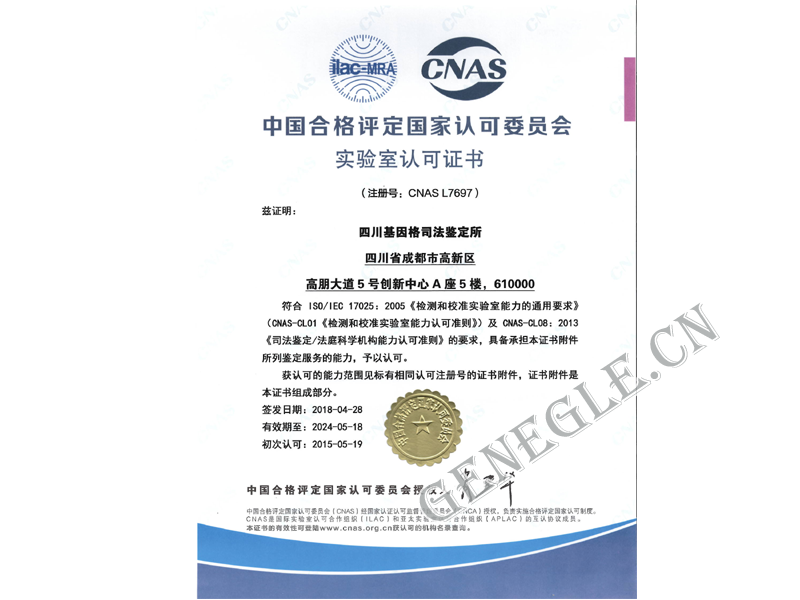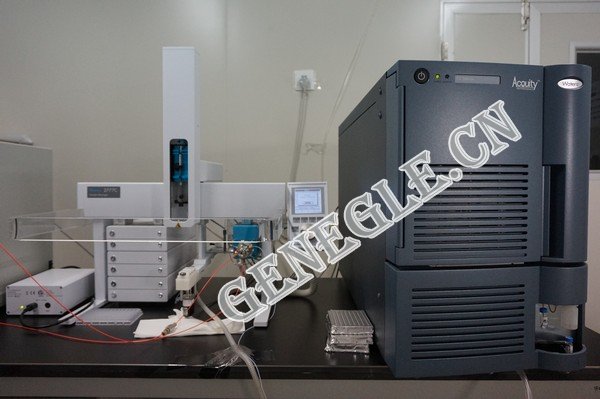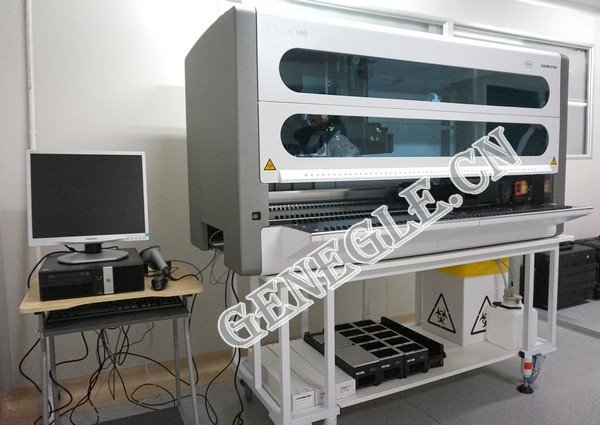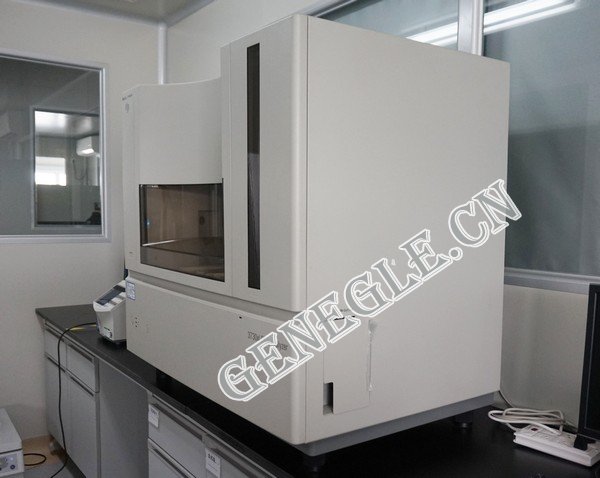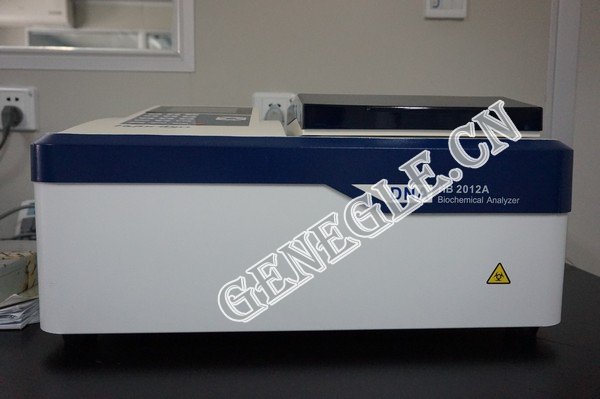BRCA1/BRCA2 基因检测
-
BRCA基因突变大大增加普通人群患癌风险
BRCA基因突变大大增加普通人群患癌风险[5][6]
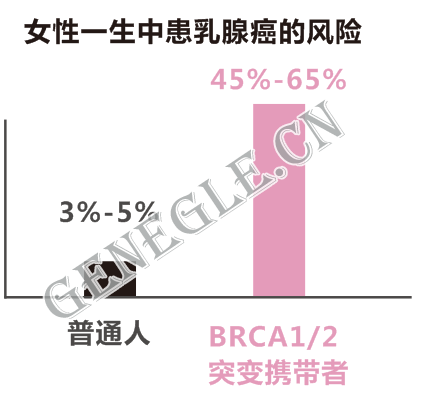
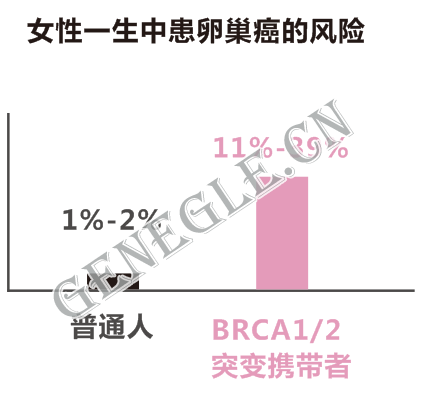
如家族中已有多名成员罹患乳腺癌或卵巢癌,女性BRCA基因突变携带者一生中罹患乳腺癌或卵巢癌的风险将提高到85%。
此外,BRCA基因也是靶向治疗的靶基因之一。已有研究表明,携带BRCA基因突变的卵巢癌患者对铂类化疗较敏感,预后良好,并可获益于PARP抑制剂(奥拉帕尼)的治疗[7]。
-
适合人群及检测意义
健康人群(*特别是有乳腺癌/卵巢癌家族史者)
评估患乳腺癌/卵巢癌的风险,为疾病早防早治提供参考依据
乳腺癌/卵巢癌患者(*特别是拟使用靶向治疗的乳腺癌/卵巢癌患者)
为明确致病原因及制定合理的个性化诊疗方案提供参考依据
-
检测方法及检测内容
检测方法 PCR扩增+高通量测序
检测内容 BRCA1(NM_007294.3转录本)和BRCA2(NM_000059.3转录本)基因的编码区与邻近剪接位点
-
检测优势及局限性
检测优势:
●本检测覆盖中国专家共识[8]中建议区域,不仅检测了BRCA1 (NM_007294.3转录本)和 BRCA2(NM_000059.3转录本)基因的编码区域,还覆盖了邻近剪接位点,以保证检测的完整性;
●本检测采用经过优化的多重PCR扩增体系,扩增均一性好,稳定性高;
●使用美国illumina先进的Hiseq、Miseq等检测平台检测,深度测序分析,有效侦测检测区域中的低频突变;
●本检测中的变异解读是参照美国医学遗传学学会ACMG标准和指南[9],并结合多个权威数据库进行综合评价,结 果解读可靠。
检测局限性:
●不能检测大片段的插入、缺失、重复、重排和低频嵌合现象;
●本检测覆盖中国专家共识中包含的区域,但不排除在检测非覆盖区存在已/未被发现的致病基因。
-
样本类型及储存运输要求
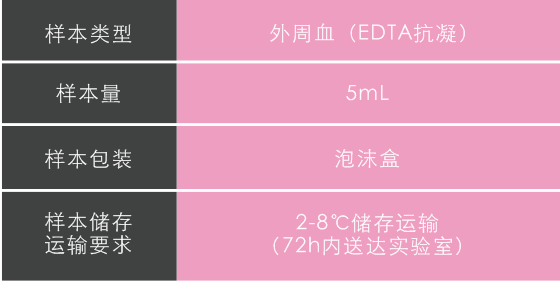
-
检测流程

报告周期:13个工作日(样本送达实验室后)
注:样本采集完成后请将样本连同检测申请单一起传送
-
参考文献
[1]Brose MS, Rebbeck TR, Calzone KA, et al. Cancer risk estimates for BRCA1 mutation carriers identified in a risk evaluation program. Journal of the National Cancer Institute 2002; 94(18):1365–1372.
[2]Finch A, Beiner M, Lubinski J, et al. Salpingo-oophorectomy and the risk of ovarian, fallopian tube, and peritoneal cancers in women with a BRCA1 or BRCA2 mutation. JAMA 2006; 296(2):185–192.
[3]Levy-Lahad E, Friedman E. Cancer risks among BRCA1 and BRCA2 mutation carriers. British Journal of Cancer 2007; 96(1):11–15.
[4]Ferrone CR, Levine DA, Tang LH, et al. BRCA germline mutations in Jewish patients with pancreatic adenocarcinoma. Journal of Clinical Oncology 2009; 27(3):433–438.
[5]Antoniou A, Pharoah PD, Narod S, et al. Average risks of breast and ovarian cancer associated with BRCA1 or BRCA2 mutations detected in case series unselected for family history: A combined analysis of 22 studies. American Journal of Human Genetics 2003; 72(5):1117–1130.
[6]Chen S, Parmigiani G. Meta-analysis of BRCA1 and BRCA2 penetrance. Journal of Clinical Oncology 2007; 25(11):1329–1333.
[7]NCCN Guidelines Ovarian Cancer Version 1.2016.
[8]《BRCA数据解读中国专家共识》, 中华病理学杂志,2017,46(05):293-297.
[9]Richards S (2015). "Standards and guidelines for the interpretation of sequence variants: a joint consensus recommendation of the American College of Medical Genetics and Genomics and the Association for Molecular Pathology" Journal of the Association of Genetic Technologists;2015 Third Quarter, Vol. 41 Issue 3, p112



